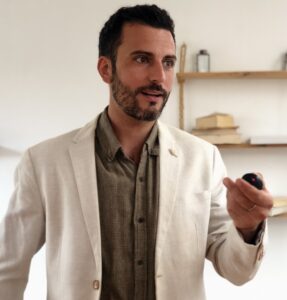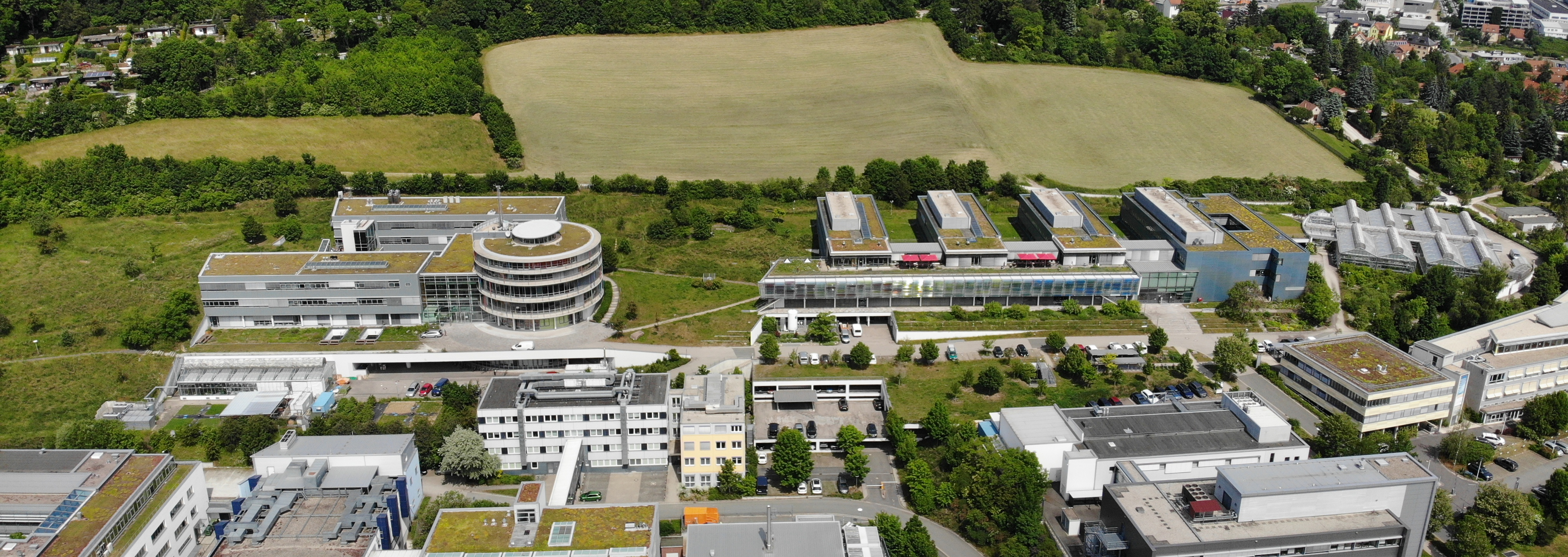
Biophysical feedbacks and their role during droughts and heatwaves
3rd June 2022 | 11:50 am – 12.10 pm
Hans-Knöll-Straße 10, 07745 Jena, Germany
BGC Lecture Hall
Zoom: will be provided
Session 3 – From leaf to globe: understanding biosphere-atmosphere interactions with observations (Markus Reichstein, moderator)
3rd June 2022 | 10.00 am – 12.30 pm
Abstract
Droughts and heatwaves cause agricultural loss, forest mortality, and drinking water scarcity, especially when they occur simultaneously as compound events. Their predicted increase in recurrence and intensity under climate change further aggravates their threat. These events have been suggested to reinforce each other through multiple biophysical feedbacks, this being a potential reason for their simultaneous occurrence in combos. Biophysical feedbacks have been shown to increase not just the magnitude but also the frequency of extreme events, leading to long-term trends in their occurrence. However, the recent IPCC AR6, barely refers to biophysical feedbacks, with the focus being placed on their atmospheric counterparts. I would argue, however, that the influence of biophysical feedbacks is no longer speculative but evident in observational records, and that they deserve a separate consideration, especially in relation to climatic extremes.
Nonetheless, key questions remain unanswered in our goal to quantify the real importance of these feedbacks: What is the impact of the extreme meteorological conditions on ecosystem evaporation? How do these anomalies regulate the atmospheric boundary layer and affect the potential self-intensification of these events? Do these feedbacks contribute to the inflow of heat and moisture to downwind regions and thus lead to event self-propagation? How do these biophysical feedbacks affect actual human heat stress during droughts and heatwaves? The goal of this presentation is not to provide a convincing answer to all these questions, but rather to highlight new results arising from my team’s work that may help advance our collective understanding of these feedbacks and the role they play in climate. Different global events will be used as a test case, and their impact on ecosystems and societies will be highlighted.
Biography
Diego Miralles is research professor in Hydrology and Climate at Ghent University, Belgium. He majored in Environmental Sciences from Autonoma University Madrid (UAM, 2005) and in Hydrology from the Vrije University Amsterdam (VUA, 2009). His research career started in 2009 at the Hydrology and Remote Sensing Laboratory of the USA Department of Agriculture (USDA, Washington D.C.). His original work focused on satellite retrievals of soil moisture and land–atmosphere fluxes. This work resulted in his PhD thesis: ‘Evaporation in the Global Water Cycle: Analysing Land Evaporation Using Satellite Observations‘ (VUA, 2011). It embraced the challenge to develop GLEAM, a global retrieval model of terrestrial evaporation solely based on satellite data. Since then, GLEAM has been used in hundreds of applications, ranging from agricultural studies to climate model benchmarking. In 2011, he moved to a faculty position as Assistant Professor (Lecturer) at the University of Bristol (UK). His research on global ecohydrology and remote sensing yielded several articles in high-impact journals. Then in 2015, he became again affiliated to the VUA and took an external professor position at Ghent University, where he became tenured in 2017. Over the past 5 years, his research team at Ghent University has consolidated as a lead research unit on the study of Climate Hydrology. This was enabled thanks to personal grants from the European Research Council (ERC) and the Dutch Scientific Council (NWO), and his leading role in projects from the European Space Agency (ESA), Horizon 2020, and the Belgian Federal Science Police Office (BELSPO), among others. At the present he is board member in GCOS and the Boussinesq Centre of Hydrology. His core scientific interests remain on the understanding of our hydrosphere as part of the Earth’s global system, being impacted by anthropogenic emissions and land use change, but also regulating a number of positive and negative feedbacks on climate. His research team aims to understand how the hydrosphere, biosphere and climate interact and the implications for current and future societies; specific emphasis is frequently on drought and heatwave events due to their devastating impact on socioeconomic and natural systems.
